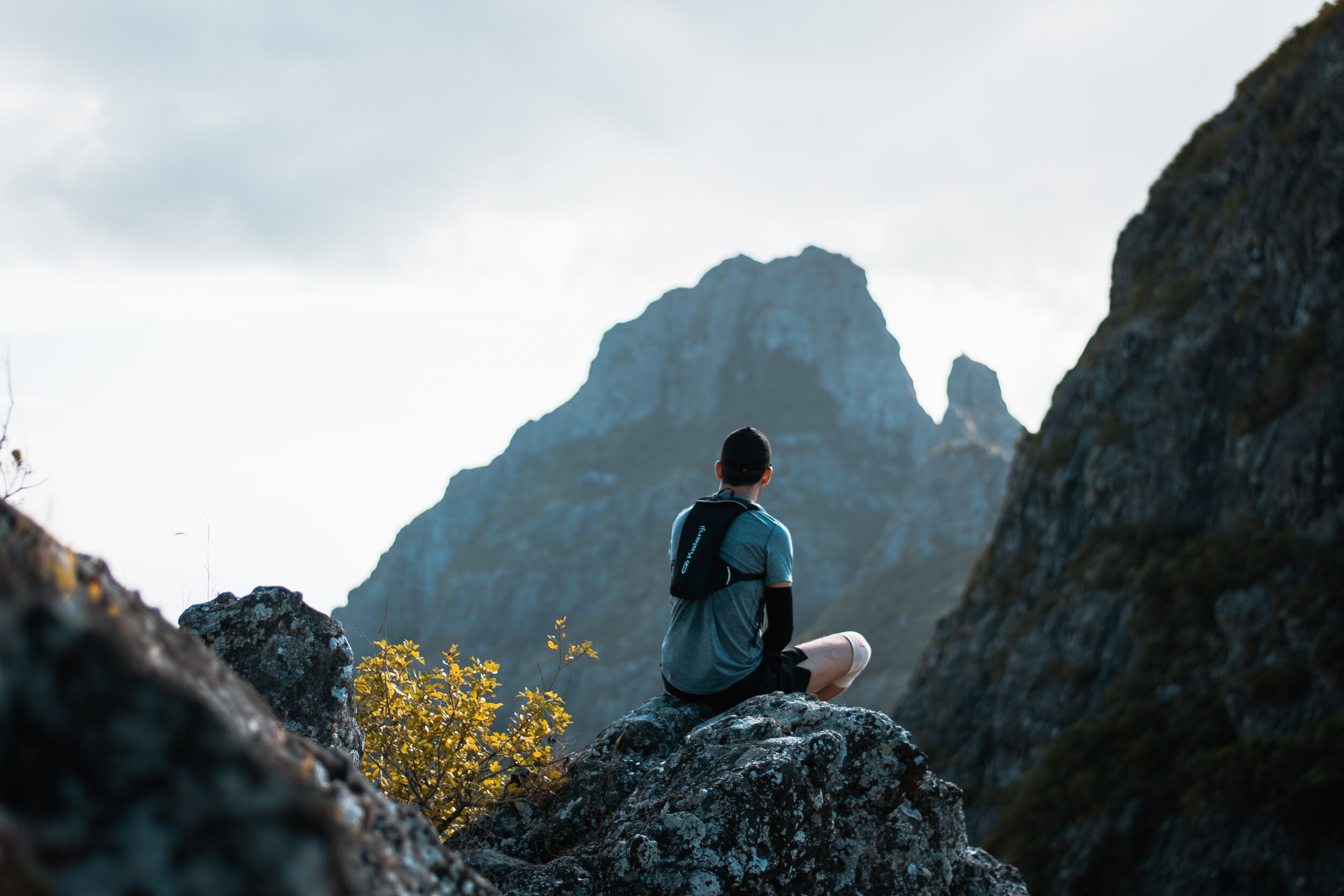Solitude
There is a phenomenon that seems to be everyday behavior among many people. It appears that for many, it poses to be highly uncomfortable and for some even unbearable to simply be alone.
At first, many think, “Alone? I’m not uncomfortable being alone.” So let me clarify what is meant by being alone, and that is to take the time to intentionally be by oneself, seated or lying down, with the various mass communications devices off. In addition, there should be an absence of any form of self-improvement, so in essence no books, no music or any such similar active measures to avoid the unfiltered experience of the purity of being utterly alone with oneself. Do nothing; experience without the obsessive need for buffers of any kind.
So what is the potential intimidation? If, for children, it is fear of what could be hidden in the closets and underneath the bed, for adults this translates into what lies hidden in the their minds and hearts that doesn’t get to be heard because so much noise is being made to avoid the silence. This more than likely is not intentional but a defense mechanism for self-protection in order to say, “Everything is fine, I’m great”. So when people are asked how much time they spend alone doing nothing, people tend to respond with a sense of confusion and reject such alone time as drastic and unnecessary. Many reasons are given like “it’s a waste of time”, it’s not good to be alone”, “I have too many things to do” and many other similar justifications to cover for an underlying self-preservation that helps people hide from the surfacing of their actual life: the lack of meaning, lack of relationships, inactivity and a general pervasive feeling of never being good enough.
There is tremendous self-acceptance and life-acceptance latent within these experiences of simply allowing oneself to fully experience the depressing discomfort of being alone without running to the phone, picking up a book, turning on the television. Of course there are other things we run to such as substance abuse and other addictions. Maybe this is why AA holds to the notion that alcohol addiction is a spiritual disease; people are so afraid of looking into their own eyes and what lies beneath.
To sit and allow these questions to arise and however much we cringe, to persevere to the point of accepting ourselves and expanding that acceptance to living within the inherent awe of the great Mystery where there is no such distinction between the profane and the sacred, could be the bravest act one can undertake. It could lead to being okay with who they are, what they have done and where they are headed. Beyond that, it may arouse the energy to transcend routine comfort and reconnect with the long-forgotten dreams of adventure, meaning, purpose and the all-important ability to surprise even oneself!
Mark Stoll, LPC, NCC

